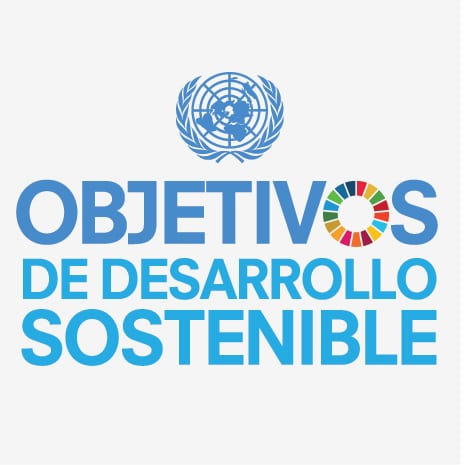 Vigilancia Tecnológica
Vigilancia Tecnológica
Recycling industry is strong and robust, claims annual report
In case you think that recycling is not having a meaningful impact, given the disappointing statistics that are often published, the Institute of Scrap Recycling Industries (ISRI; Washington, DC) wants to set the record straight. ISRI just released its annual Recycling Industry Yearbook for the eighth year, providing an understanding of how recyclable material is transported, processed, traded and used in manufacturing, and how the practice of recycling is benefiting the environment.
Image courtesy Institute of Scrap Recycling Industries.“Recycling is a strong and robust industry that preserves our planet and sustains our natural resources,” said ISRI Chief Economist Joe Pickard. “The 2019 Recycling Industry Yearbook provides valuable information using facts and figures to paint an accurate picture of the important role the industry plays in the environment, economy and manufacturing. As the public, policymakers, local communities and media have taken a renewed interest in recycling, the book provides a valuable resource to help them rediscover the positive impact our industry has on the world in which we live.”
The U.S. recycling industry generates nearly $110 billion in economic activity, and is responsible for more than 531,000 total jobs. Globally, manufacturers consumed more than 900 million metric tons of scrap, accounting for 40% of global industrial raw-material needs. The amount of material recycled in the United States saves the equivalent of nearly 400 million tons of greenhouse gases.
While the , which is free to download in an electronic version, contains information on all types of recyclables, a portion is dedicated to plastics. “Recycled plastic products can provide enormous environmental benefits compared to virgin counterparts,” said the yearbook. “For example, [wood-plastic] composite lumber made from recycled plastic bags conserves trees and reduces the need for hazardous chemically treated wood.”
Recycled plastic also saves 88% of the energy needed to produce plastics from virgin materials, which is second only to aluminum, which saves up to 95% of the energy needed to produce new cans.
The 2019 Recycling Industry Yearbook also notes that technologies to cost-effectively sort and recycle plastics have only been developed over the past 25 years, and these technologies continue to evolve. “Most recently, chemical recycling technologies that break down plastics to their molecular-level building blocks such as monomers, polymers and hydrocarbons have begun to show potential for hard-to-recycle plastics,” said the report.
Image courtesy Institute of Scrap Recycling Industries.“Recycling is a strong and robust industry that preserves our planet and sustains our natural resources,” said ISRI Chief Economist Joe Pickard. “The 2019 Recycling Industry Yearbook provides valuable information using facts and figures to paint an accurate picture of the important role the industry plays in the environment, economy and manufacturing. As the public, policymakers, local communities and media have taken a renewed interest in recycling, the book provides a valuable resource to help them rediscover the positive impact our industry has on the world in which we live.”
The U.S. recycling industry generates nearly $110 billion in economic activity, and is responsible for more than 531,000 total jobs. Globally, manufacturers consumed more than 900 million metric tons of scrap, accounting for 40% of global industrial raw-material needs. The amount of material recycled in the United States saves the equivalent of nearly 400 million tons of greenhouse gases.
While the , which is free to download in an electronic version, contains information on all types of recyclables, a portion is dedicated to plastics. “Recycled plastic products can provide enormous environmental benefits compared to virgin counterparts,” said the yearbook. “For example, [wood-plastic] composite lumber made from recycled plastic bags conserves trees and reduces the need for hazardous chemically treated wood.”
Recycled plastic also saves 88% of the energy needed to produce plastics from virgin materials, which is second only to aluminum, which saves up to 95% of the energy needed to produce new cans.
The 2019 Recycling Industry Yearbook also notes that technologies to cost-effectively sort and recycle plastics have only been developed over the past 25 years, and these technologies continue to evolve. “Most recently, chemical recycling technologies that break down plastics to their molecular-level building blocks such as monomers, polymers and hydrocarbons have begun to show potential for hard-to-recycle plastics,” said the report.






